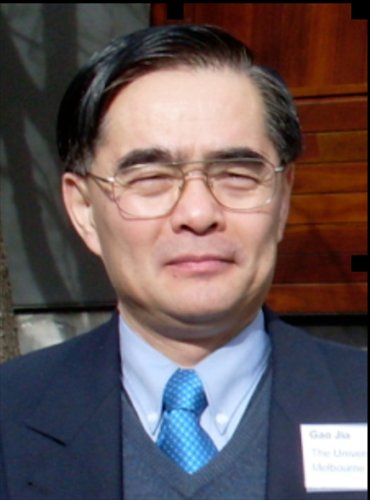Human rights dialogues can prove bitter


Editor's Note:
An annual human rights conference between China and Australia started on July 11 in the Australian capital of Canberra. Senior-level delegations from the two countries have discussed a wide range of issues during their meetings. What is the significance of this dialogue on Sino-Australian relations? Do the meetings do anything to advance human rights? Global Times (GT) reporter Shu Meng talked to Xue Lei (Xue), a research fellow in the Department of International Organization and International Law of Shanghai Institutes for International Studies, and Gao Jia (Gao), assistant dean at the Asia Institute of the University of Melbourne, on these issues.
GT: Some argue that the dialogue has no tangible results or practical effect. How do you view this point?
Xue: The purpose of human rights dialogue is to reduce the lack of understanding through communication and exchanges. From this perspective, the continuation of the dialogue itself could be regarded as a kind of outcome.
We also need to look into the international background for the existence of the dialogue mechanism, which was mainly motivated by the drafts on China's human rights conditions proposed continuously by the Western countries in the UN Commission on Human Rights since 1990.
Taking this into account, we can see that, by substituting confrontation in the forms of anti-China drafts with the current form of dialogue, a certain progress has been made in mutual understanding between China and the West.
GT: There are regional differences and cultural differences between China and Australia. Have these differences had a negative impact on the dialogue?
Xue: The lack of understanding on human rights issues between China and Australia has been produced by the differences in political, economic, social, cultural, religious, and historical factors between the two countries.
The success of human rights dialogue do not depend on the extent of commonalities or differences between the two countries, but whether they have genuine will to have dialogue and exchanges.
GT: What do you think will be the impact of this dialogue on Sino-Australian relations?
Xue: The proactive and fruitful dialogue and cooperation first base on mutual trust. The China-Australian bilateral human rights dialogue is just one of the important steps to promote mutual political trust between the two countries. Through candid dialogue, both parties can have a deep understanding on the political, economic, and social system of the other side, which is conducive to the mutual cooperation in even broader areas.
Gao: I think the dialogue will have a negative impact on Sino-Australian relations.
In fact, the dialogue itself is a historical residue of international politics in the 20th century, instead of the benefits, the dialogue will lay the foundation for political and emotional alienation, unfriendly emotions and even hostility between the two countries.
GT: Are human rights dialogues useful in general?
Gao: It may be that the dialogue can promote progress in China's human rights. Through the dialogue, China can have a better understanding of Western society, or more accurately, Chinese people can increasingly understand Western standards of living. However, the current dialogue remains at the superficial level of communication and polemic. Moreover, it will deepen the hostility.
Xue: Objectively speaking, various dialogue mechanisms have contributed to some extent to human rights protection in China.
One critical aspect is to promote the convergence in concepts and discourses on human rights between China and international community. Recently the Chinese government published its National Human Rights Action Plan (2012-15). It can be seen by a quick glance at the table of contents that the whole human rights discourse in China is conforming to the system for international protection of human rights established by various international covenants and treaties. And human rights dialogue has also led to institutional improvement in certain areas, for instance, in the area of criminal justice.
GT: China proposed reducing the frequency of human rights dialogues between China and EU in the 31st EU-China human rights dialogue in May, which was criticized by the EU. China holds that human rights dialogues are often a platform where some Western countries accuse China. How do you view this?
Gao: Human rights dialogues have always been a platform for Western countries to accuse China. With the progress of Chinese society, it will become unacceptable for China to participate in these kinds of dialogues. This is an important international political choice which the Chinese government faces. Of course, there is no need for China to moralize and turn the dialogue into a polemic.
Xue: The effect of human rights dialogue is closely connected with the genuine political will to have dialogues. In the Western countries, some people have the habit of giving human rights lessons to China as if China is always in the wrong. This attitude cannot advance the human rights dialogue smoothly.
Now we can see that the dialogue has become really a bilateral rather than unilateral one, with both parties having equal footing in presenting their own concerns. China may also express its view on the political, economic, and social conditions of the counterpart country. This should be the right way to continue the human rights dialogue. History has already shown that blame alone will only have negative results.